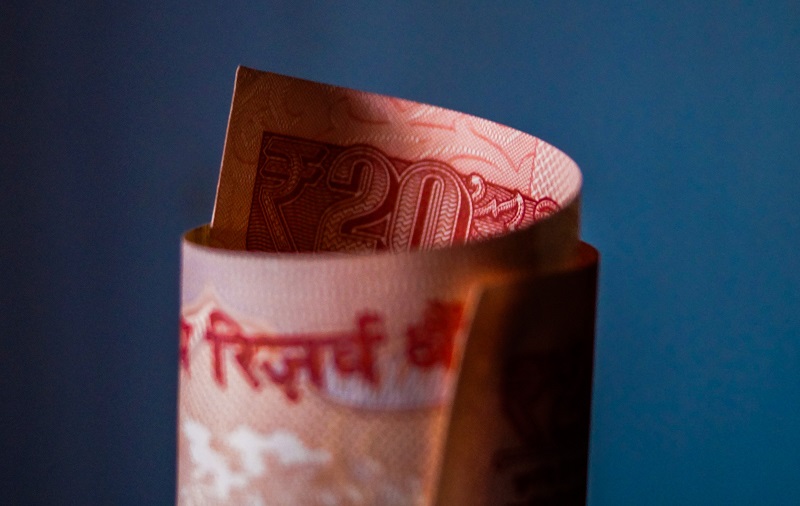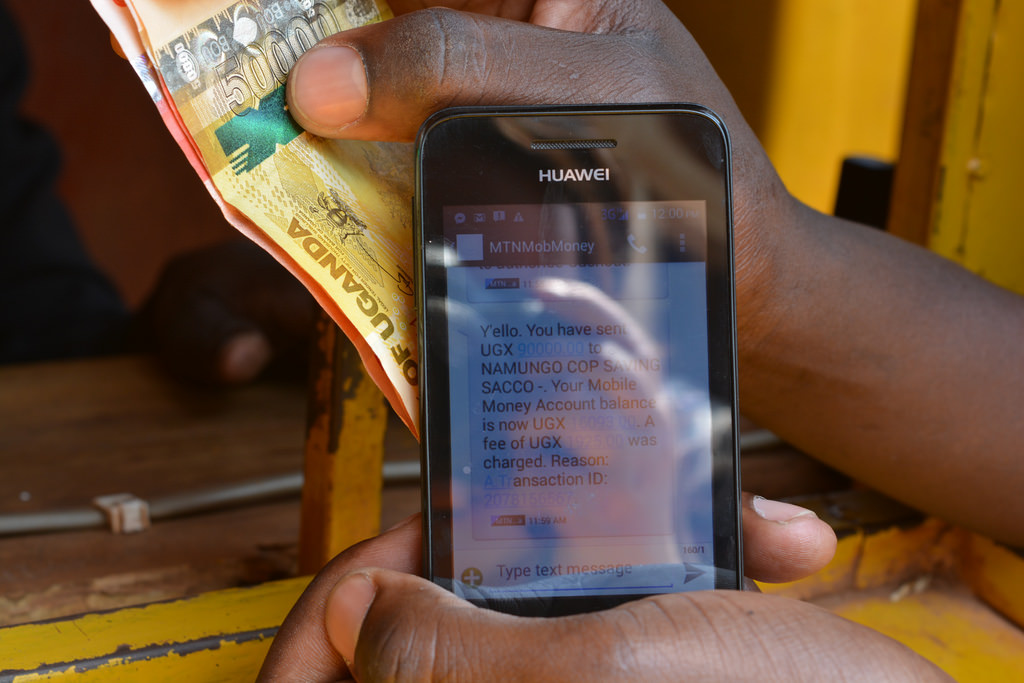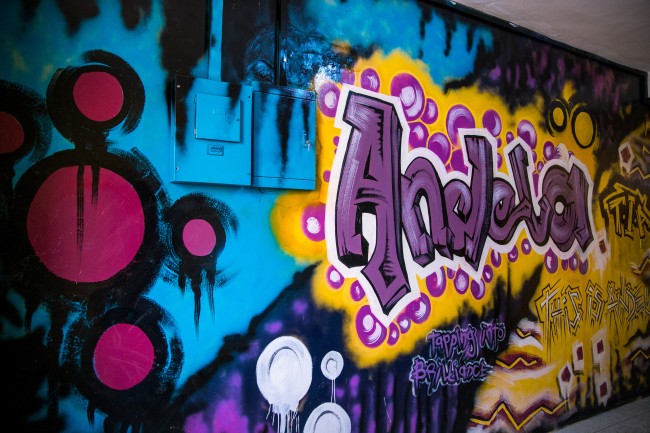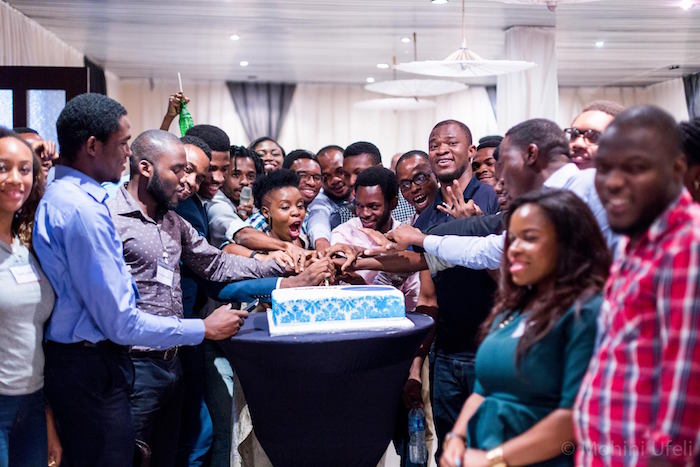Journalists, bloggers and investors often get asked to sign NDAs before startups discuss ideas with them. The concept is quite funny when thought about logically. ‘Sign an NDA so I can tell you about my idea, then you can help me with it’ — mind blown.
Having just come off a round trip to some of the best (depends on present company) startup ecosystems in Africa, Nairobi, Cape Town and Lagos – startups are front of mind. While this wasn’t a startup trip though, entrepreneurs are always on hand when needed, and it seems they are still throwing NDAs around.
Everyone in Lagos, Nairobi, and even Cape Town are vying for the best spot on the continent. Someone has to be tops. We hear it all the time, Nairobi is so much better because of all the cool ideas coming out of there (great PR). Then, someone pipes up with the Lagos argument, people are better hustlers here (amazing energy). And of course Cape Town will tell us it has the best infrastructure to build scalable businesses (good structures and systems indeed). But the question these people should be asking isn’t who is better or which space is better – there is a deeper discussion that people want to have but somehow they are almost afraid to say the words. There so many impressionable startups and entrepreneurs in Africa all asking themselves one question: ‘is the place I am now the best place to build my business?’
These are the innovation boomers who received their business education in the streets and at lunch meetings and numerous cups of coffees with like-minded individuals. They want to know that they have staked it all on the right city, the right space and the right ecosystem.
But this still isn’t the right question. The right question is why aren’t we sharing enough? In Africa we seem to be lacking a culture of sharing when it comes to startup ecosystem — especially tech. The question is why aren’t we using our collaborative force to build one formidable ecosystem?
“It’s probably not so much about tech as it is about the real worry of copycats,” Erik Hersman argues. “You’ll see this along Ngong Road (Nairobi) where a guy comes up with a new piece of furniture or art and it’s being duplicated and copied within two weeks by everyone else.”
The problem in here, Hersman says is a lack of IP protection. “When you have no legal recourse to protect your IP, and you mix that with a culture where people are too lazy to come up with their own differentiating idea, then you find people want to be more secretive.”
The norm is an irrational (maybe not so irrational) fear that sharing our ideas with someone else in the ecosystem will inevitably lead to them stealing it. There is a quintessential lack of trust that the ecosystem has in itself let alone its members. It flatters the vanity of entrepreneurs when bloggers, journalists, and even investors take an interest in what they are doing. The natural response should be to gush, strategically gush, but gush none the less.
Sharing and collaboration isn’t happening as much as it should in Africa. The internet, though, has broken mindsets around “me me me and mine mine mine” by replacing it with collaboration and crowdfunding, we are still stuck in our protective ways.
“I get the sense that African entrepreneurs sometimes think too local and that their idea is so unique within that context. So, they feel they have to guard that idea with all they have. The reality though is that someone has likely already succeeded or failed with the same or similar idea elsewhere in the world,” Adii Pienaar tells me.
Pienaar is probably one of Africa’s most open entrepreneurs. Anyone that has had the good sense to read his blog will tell you that he shares unreservedly about his experiences as an entrepreneur, the good, the bad and the sometimes uncomfortable.
Teddy Ruge, another critical thinker in the African tech ecosystem argues that Africa is still so new to the concept of tech entrepreneurship citing that we are still in the “proverbial soup of tech entrepreneurship”.
“This is a new field for us and those of us playing in it, are the pioneers. That we are even playing in this digital economies instead of our traditional penchant for brick and mortar businesses and import/export should tell you we are outliers. Some of us come with legacy mindsets of keeping your ideas close to your vest,” he says.
These fears, he agrees with Hersman, are not unfounded. “If you have been to any street corner market, you will notice a sharing/stealing ideas in action. 500 women selling tomatoes. Another corner is another row of women battling customers to sell the same bananas. Very little differentiation. We are afraid to innovate or stand out.”
Pienaar argues that perhaps “sometimes we [entrepreneurs are] bigger talkers than we are doers”. This he thinks can be equated to international success stories. There he reckons that successful entrepreneurs would rather talk to as many people about their idea and launch it publicly as quickly as possible.
“This is in stark contrast to local entrepreneurs who keep their ideas to themselves & never make progress on the execution thereof,” he says.
Ghanaian-born entrepreneur and the founder of Edel Technologies, Ethel Cofie tends towards preconceived cultural ideas on the continent.
“I think there is a mentality of having it all and being a master of your domain that sharing and collaborating jeopardizes,” she says at least this is the thinking that older generation of entrepreneurs who were mostly one-man businesses have. She reckons that that one person was on “top of the pyramid and made the decisions, culturally at least in Ghana and Nigeria, I think most entrepreneurs prefer that style”.
A fundamental mind shift needs to happen in Africa, petty competition around dominance needs to be silenced and a culture of sharing and collaboration needs to be adopted to move the needle of growth in the ecosystem.
Ruge says that digital economies require an adherence to differentiation and positioning. “These are things we drill into young entrepreneurs: what’s different about your product, why is it unique? Is it derivative?”
Perhaps the time has come for a culture of sharing and collaboration across verticals and borders becomes part of the startup education in Africa. There is hope though.
“I’ve seen a real opening up of people to talking about their ideas and their startups over the last 5 years. It used to be a lot more closed than it is today,” Hersman adds.



















